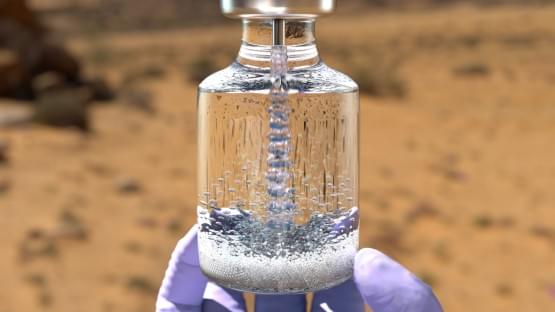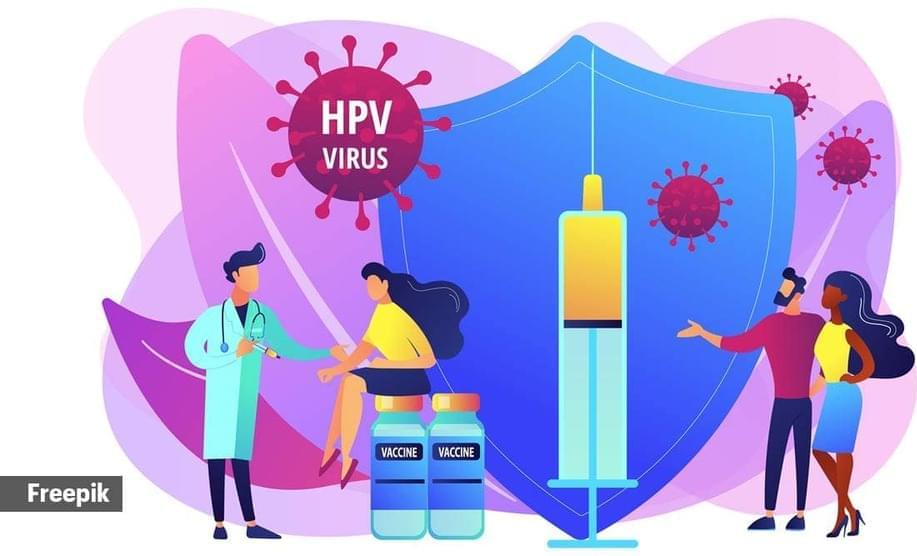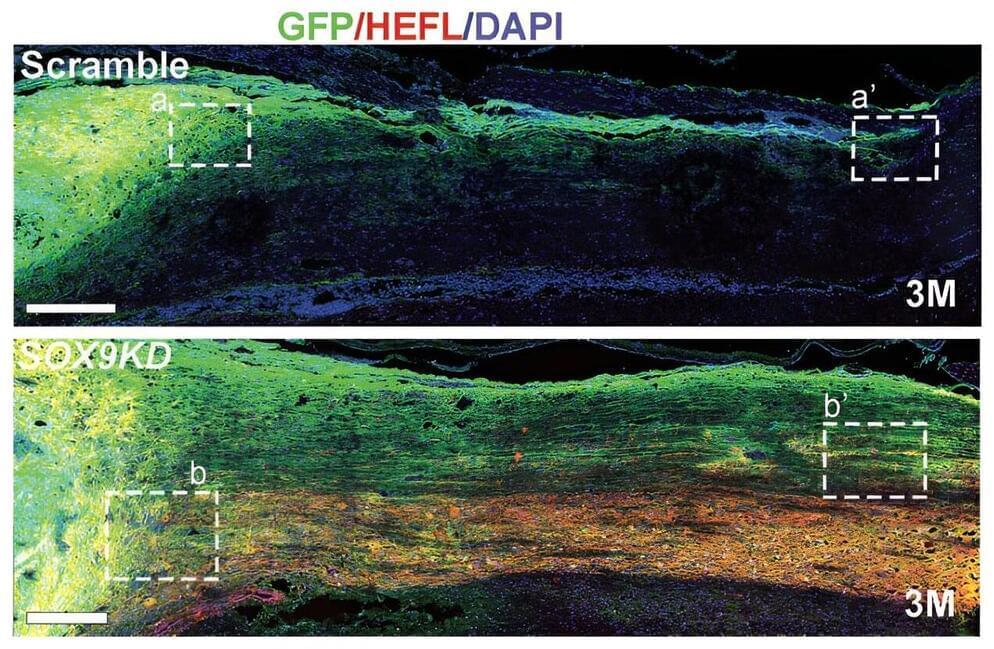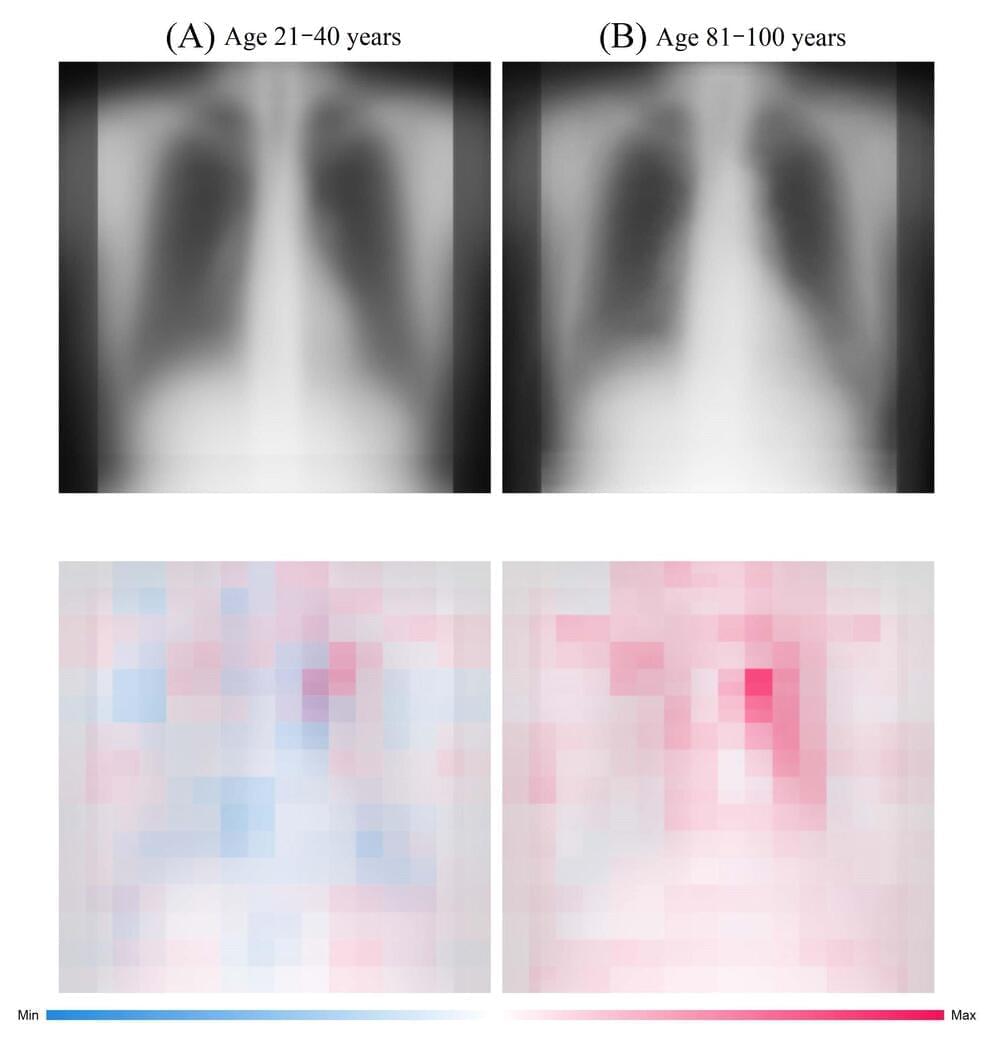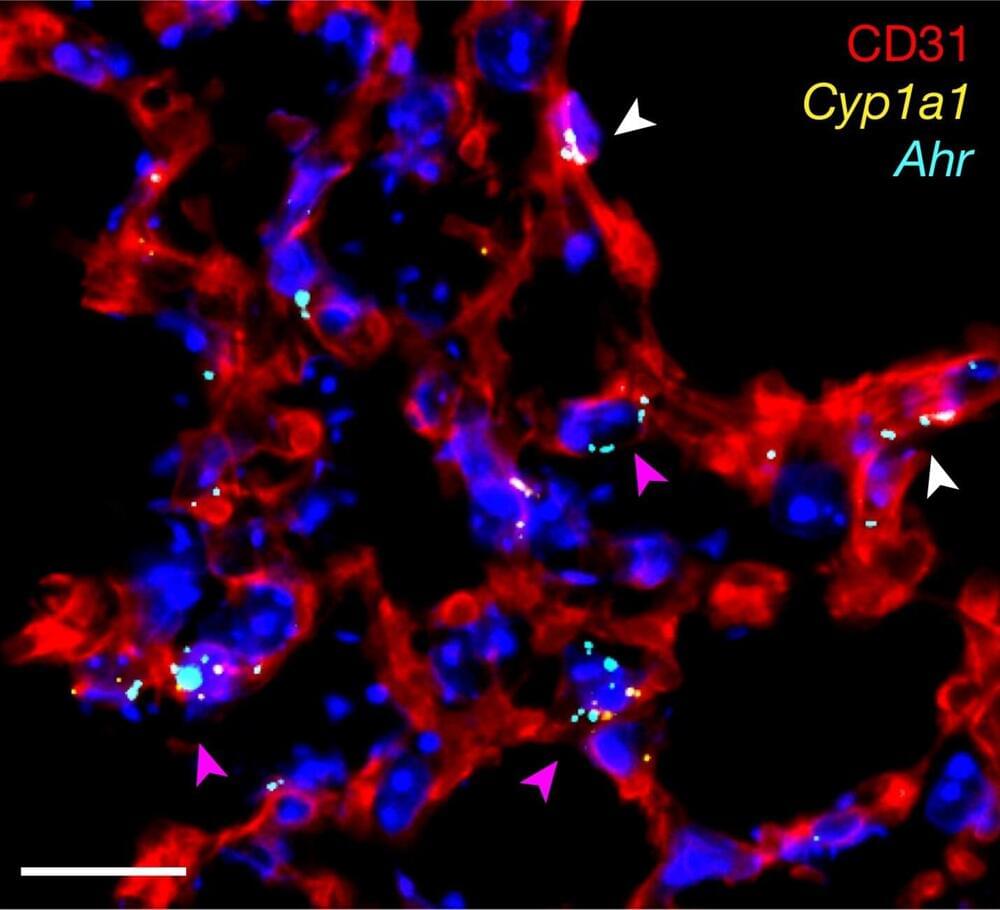One of the biggest challenges of researching organs in vivo (or as part of an entire, living organism) is that there is little room for error. Finding treatment for a patient’s kidney, intestine, heart, or any organ must be done carefully; if anything goes wrong, it’s the person’s life on the line. Enter the organoid.
First fully realized and developed in the early 2010s, an organoid is a miniaturized and simplified version of an organ produced in vitro (or outside the entire organism: on their own). The organoid has significant use for researchers as it can be grown, researched, then recreated if any treatments cause tissue harm. Isolating the treatments to an in vitro organ gives researchers flexibility; they can focus entirely on targeted treatments without worrying about harming a living patient.
One of the most significant scientific advances of the last ten years, organoids have revolutionized research across several fields, and continue to grow more advanced and helpful year over year. So, what are these microscopic powerhouses, exactly?



